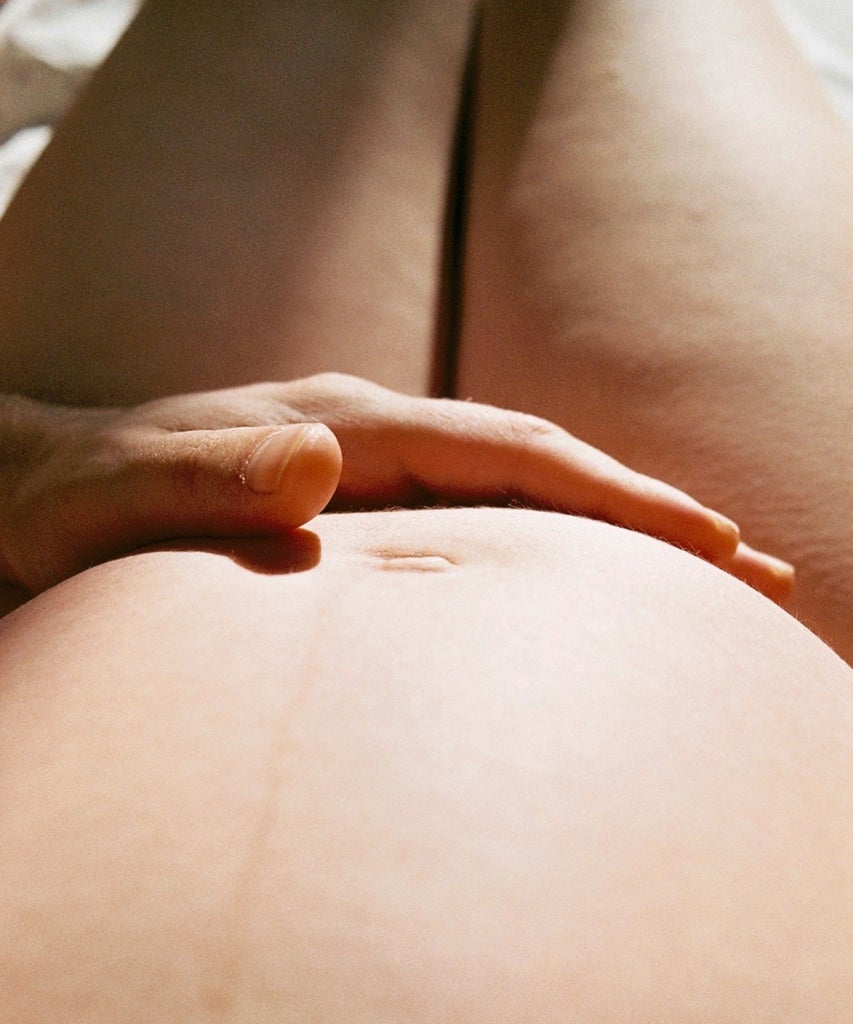
Some of the most frequently asked questions of the COVID-19 pandemic have been about how the virus affects pregnant people and their children. There has previously been no evidence supporting the idea that coronavirus can pass from mothers to their unborn children, but new research reported on Tuesday out of Paris-Saclay University Hospitals suggests otherwise.
The case study was published in the journal Nature Communications, and suggests that a COVID-19 positive baby, who was born in March in Paris, contracted the virus through the mother’s placenta. Daniele De Luca, MD, chief of the division of paediatrics and neonatal critical care at Paris-Saclay University Hospitals and leader of the research team, told The New York Times that they were able to test the placenta, amniotic fluid, cord blood, and the mother’s and baby’s blood.
Through this testing, they concluded that the virus is able to reach the placenta, replicate there, and infect the foetus. Dr De Luca says when infected, the foetus will experience symptoms similar to adult COVID-19 patients.
The baby, who is now three months old, was able to recover without treatment and is now “very much improved, almost clinically normal,” Dr De Luca said. He also added that the mother, who needed oxygen during the delivery, is currently healthy as well.
While infants and newborns have previously tested positive for COVID-19, this is the first research to suggest that babies can be infected while still in the womb — but Jane van Dis, MD, Gynaecologist and medical director of Maven, a women and family digital health company, tells USA Today that this case is “exceedingly rare.”
“A lot of babies have been born since this pandemic started,” she said. “The number of babies that have been born to moms with known COVID positive that don’t show any clinical signs or laboratory signs of infection … that number is overwhelming.”
In order for pregnant women and their children to stay safe during the pandemic, they should follow the current CDC guidelines on wearing masks, social distancing, and keeping up with good hygiene.
“Pregnant women should take the same precautions as the general public, and should be particularly aggressive with hand washing,” Sona Malkani Garg, MD, who practices at Elitra Health, previously told Refinery29. “They should also be careful to avoid contact with sick people.”
Like what you see? How about some more R29 goodness, right here?
How Coronavirus Has Changed My Wellness Routine